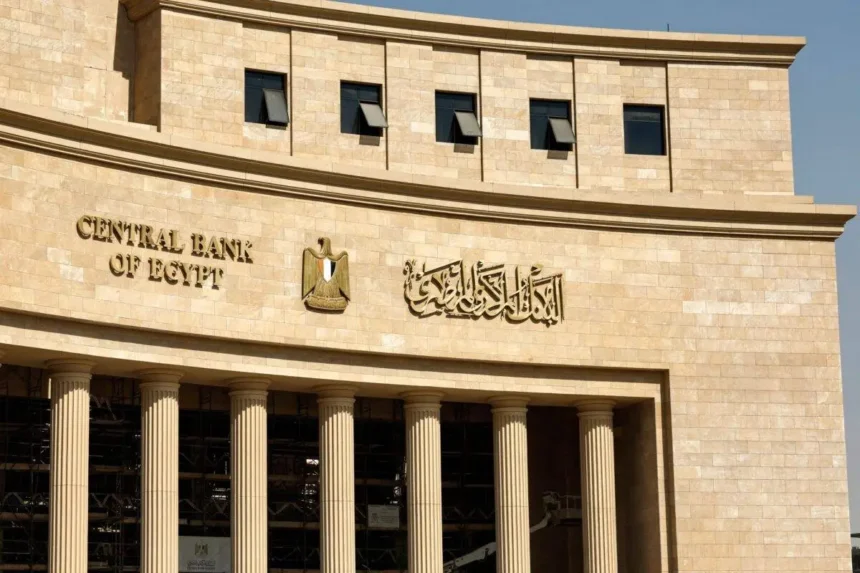Egypt’s central bank has continued to expand its lending to the government, despite a notable decline in inflation from its peak.
Despite a decline in inflation from a record 38% in September to 25.7% in July, economists caution that central bank lending to the government remains a concern and risks undermining Egypt’s economic stability.
According to the bank’s annual budget report, there was a 31.1% rise in “M1” money supply, including currency in circulation and demand deposits in Egyptian pounds, at the end of June 2024. This follows a 33.4% increase in the previous fiscal year and a 23.1% rise in 2021/22.
This acceleration in money supply growth, which came after a series of economic shocks, notably the COVID-19 pandemic and the war in Ukraine, has made clear the underlying economic problems of the country.
- Advertisement -
The central bank’s figures show that it held 1.36 trillion Egyptian pounds in government securities as of June, up from 1.09 trillion pounds the previous year.
This includes local currency bonds purchased from the Ministry of Finance, which saw an increase in June 2023 from 818.9 billion pounds to 940.3 billion pounds.
Egypt had committed to the International Monetary Fund (IMF) to reduce central bank lending to the government, but the government missed targets in April and May, partly due to delayed funds from the UAE’s $35 billion development rights purchase.
The government has also pledged to stop bypassing the finance ministry by lending to other agencies, decreasing to 766.8 billion pounds by June from 887.6 billion pounds a year earlier.
The IMF has expressed concerns about Egypt’s economic vulnerabilities, including its high public debt and dependence on foreign financing.
- Advertisement -
The fund has urged Egypt to implement reforms to reduce its budget deficit and increase revenue, as well as to improve the business environment to attract more private investment.










